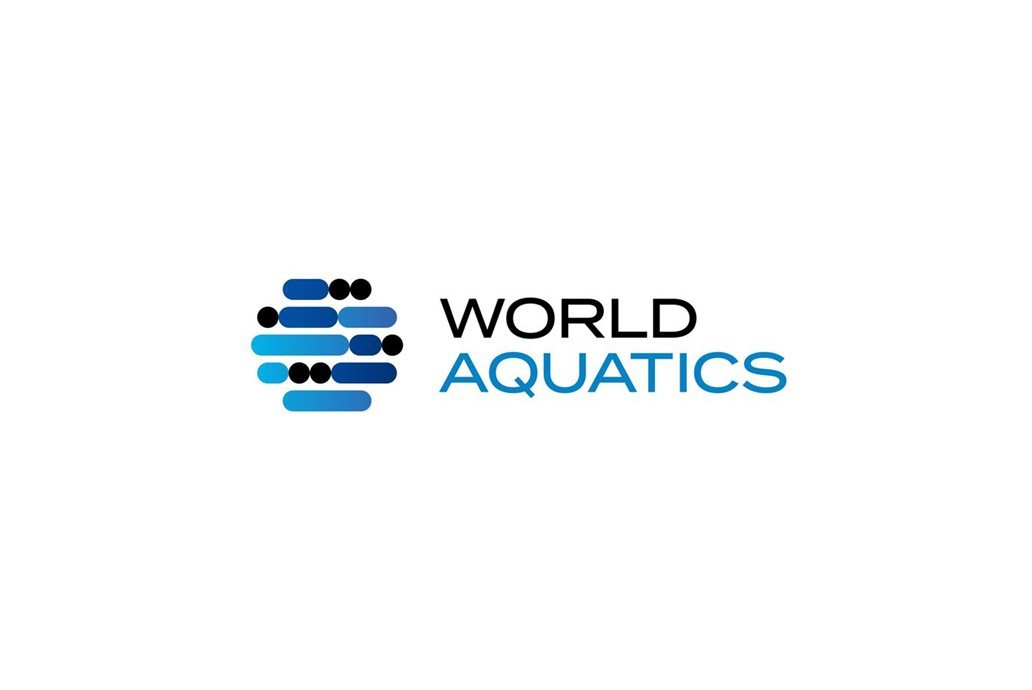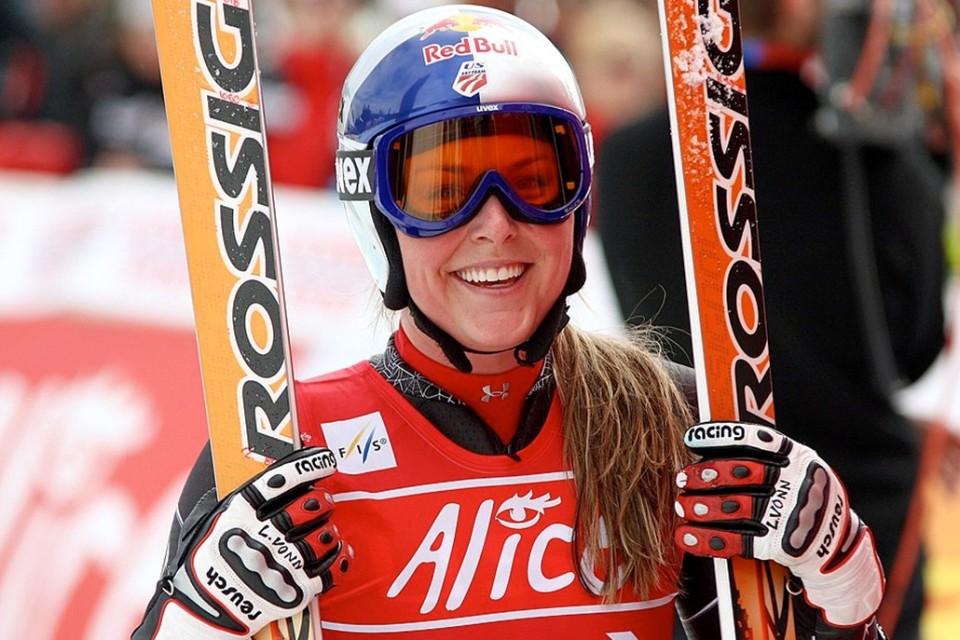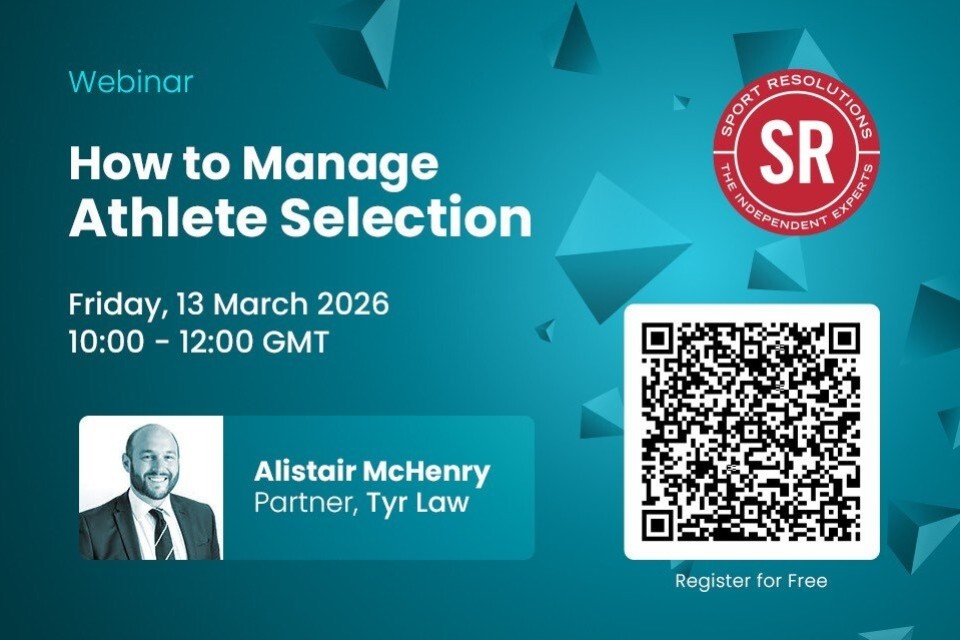Thu, November 21, 2024
World Aquatics removes ban on Russian and Belarusian athletes in relays, synchronised diving and team artistic swimming

It has been disclosed that World Aquatics has revised rules to allow Neutral Athletes (NAs), or athletes with Belarusian or Russian passports who are barred from representing their nations, to compete in World Aquatics’ relay, synchronised diving and team artistic swimming events. This was made effective from 18 November 2024.
In September 2023, Russian and Belarusian athletes were granted return by World Aquatics as Neutral Athletes.
At the February 2024 World Championships in Doha, Neutral Athletes were entitled ‘Neutral Independent Athletes (NIAs).’ At the Paris 2024 Summer Olympics, Neutral swimmers: Ilya Shymanovich, Anastasiya Shkurdai, Alina Zmushka and Evgenii Somov were known as ‘Individual Neutral Athletes (AINs).’
However, World Aquatics’ rule was that such athletes: “Will only be permitted to compete in events where a time or result is established by the performances of a single athlete.” Therefore, Neutral Athletes were prohibited from team events across aquatics such as swimming relays, synchronised diving, team artistic swimming and water polo.
Due to the new rules which were made effective from 18 November 2024, Neutral Athletes are now allowed to swim in relays and participate in synchronised diving and artistic swimming teams.
The relays, pairs, duets and teams must be formed of athletes from one country.
As of October 2024, fourteen Neutral Athletes from Russia and Belarus were approved to compete in major World Aquatics events, all swimmers: six from Russia and eight from Belarus.
However, the new rules may help create an extremely strong artistic swimming team composed of Neutral Athletes considering that artistic swimmers from Russia won every gold medal in the sport’s two Olympic events - duet and team - from 2000 through to the 2020 Tokyo Games.
In Tokyo, athletes from Russia competed under the Russian Olympic Committee name and without the Russian flag or anthem due to the nation’s doping violations.
However, despite revisions, Neutral Athletes are still barred from water polo.
World Aquatics said: “For the avoidance of doubt, no athlete having a sport nationality from a nation in Conflict shall be authorised to participate in any Event involving the aquatic sport of water polo, which intrinsically involves inter alia physical contact between athletes.”
Furthermore, the rule remains that Russian and Belarusian athletes seeking to become Neutral Athletes need to have no contractual ties to the Russian or Belarusian military.
Neutral Athletes also need to be impartial to conflicts. For example, they could violate this rule by liking pro-war posts on social media. Additionally, wearing symbols that can “reasonably be interpreted as in support for any conflicts” is also a violation of this rule.
Russian and Belarusian government representatives will not be invited to or accredited for any World Aquatics events, and competitions will not be hosted in Russia or Belarus.
The rule also remains that Russian and Belarusian flags and anthems will be swapped with those of World Aquatics.



